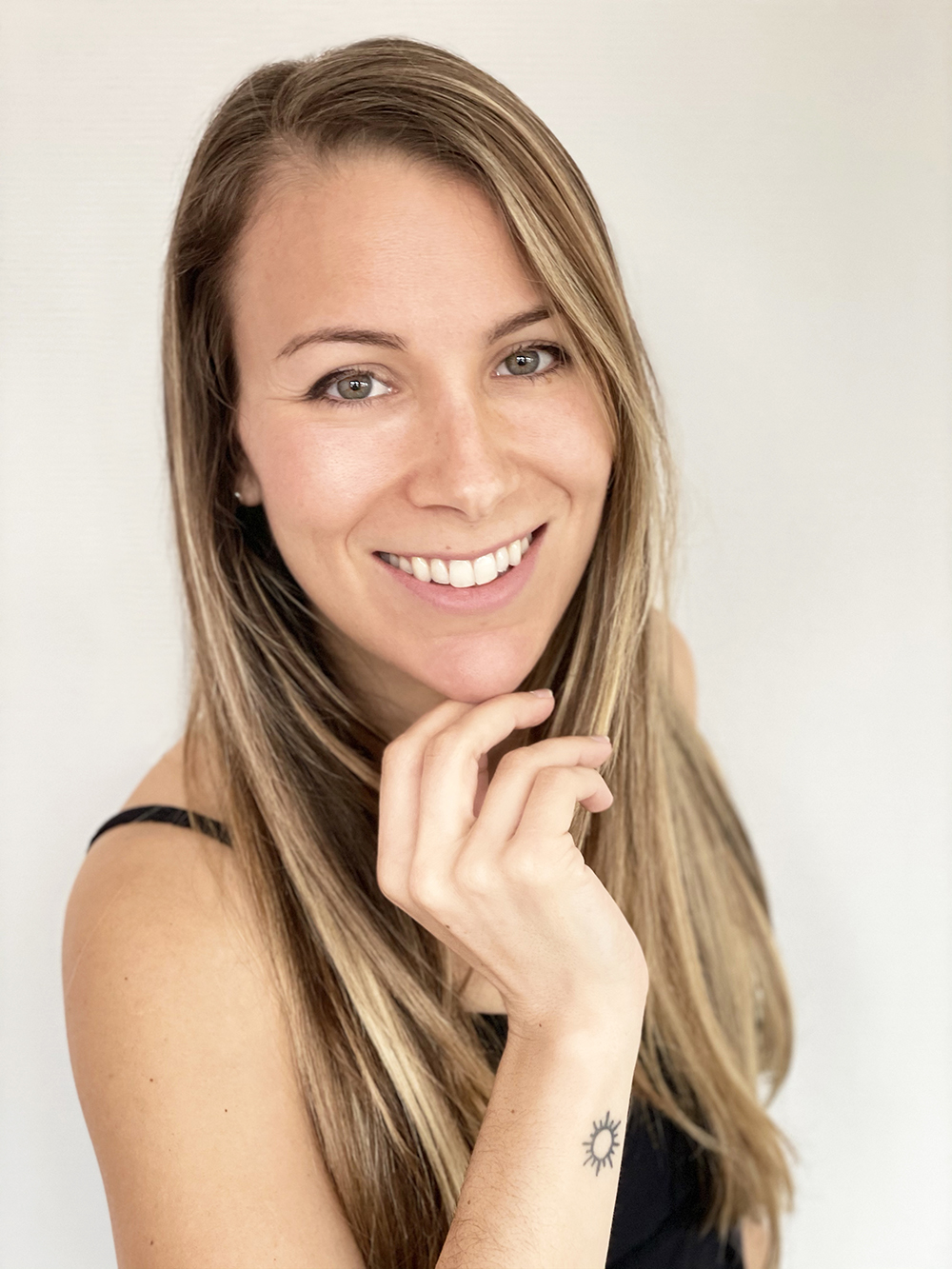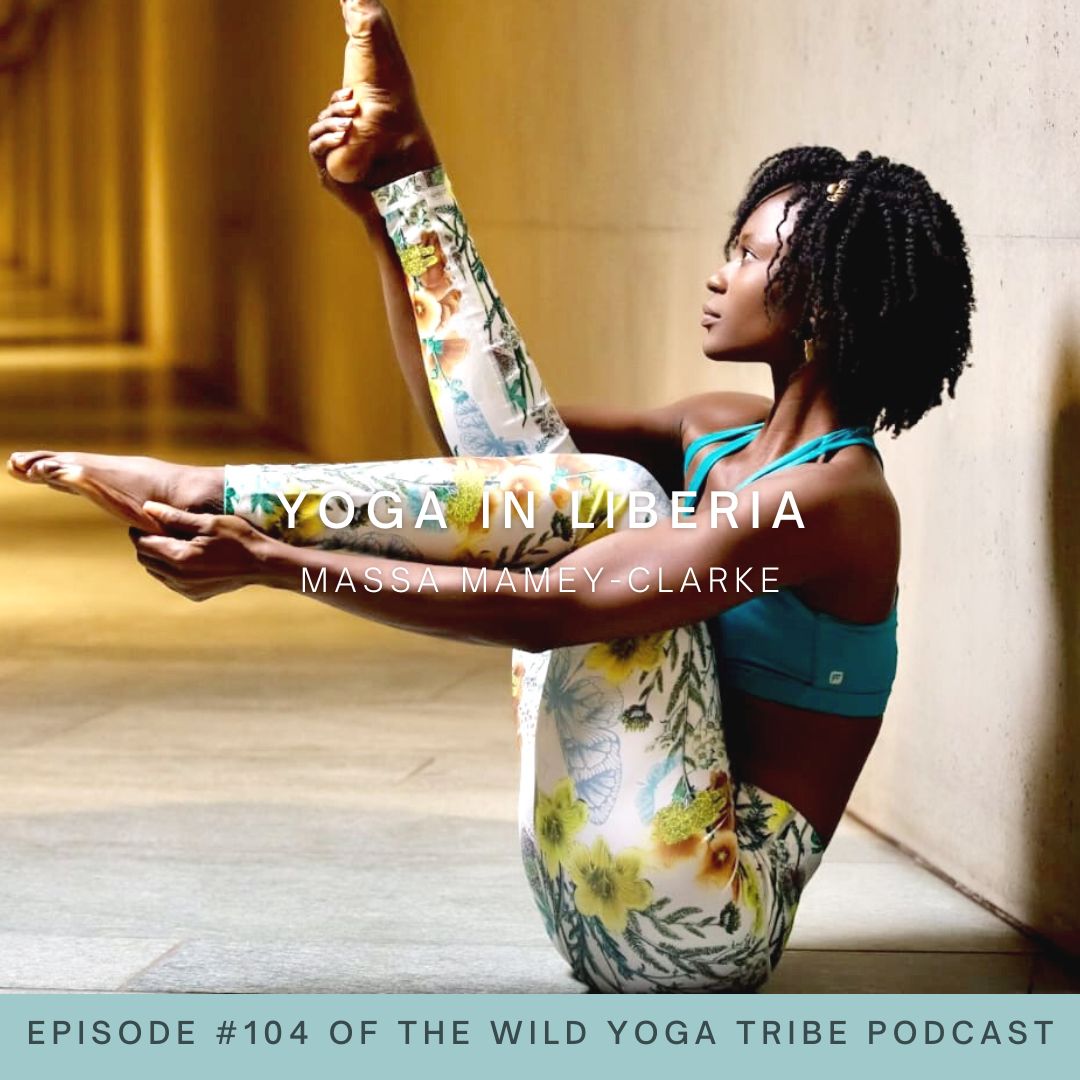What better way to have words sink in than to write them with your own hand or type them with your own fingers? In Pema Chödrön’s book, Taking the Leap: Freeing Ourselves from Old Habits and Fears, I found so many words powerful that I wanted to type them up for myself, to better connect with ally myself with their meaning.
I also wanted to share some of my favorite take-aways from her book with you, in hopes that her words provide some gleam of recognition in your own heart. I hope you decide to pick up the book yourself and find your own little gems in her words, but for now, please enjoy the treasures that I found.
“It’s undeniable that we want to do these things because in that heated state we believe it will bring us some relief. Some kind of satisfaction or resolution or comfort will result: we think we’ll feel better at the end. But what if we paused, and asked ourselves, “Will I feel better when this is over?” Allowing that openness, that space, gives our natural intelligence a chance to tell us what we already know: that we won’t feel better at the end. And how do we know this? Because, believe it or not, that is not the first time we’ve gotten caught in the same impulse, the same automatic-pilot strategy.” — Pema Chödrön
“In highly charged situations, or anytime at all, we could shake up our ancient fear-based habits by simply pausing.” — Pema Chödrön
“What I’ve noticed about the people whom I consider to be awake is this: They’re fully conscious of whatever is happening. Their minds don’t go off anywhere. They just stay right here with the chaos, with silence, with a carnival, in an emergency room, on a mountainside: they’re completely receptive and open to what’s happening.” — Pema Chödrön
“ …We humans are like young children who have a bad case of poison ivy. Because we want to relieve the discomfort, we automatically scratch, and it seems a perfectly sane thing to do. In the face of anything we don’t like, we automatically try to escape. In other words, scratching is our habitual way of trying to get away, trying to escape our fundamental discomfort, the fundamental itch of restlessness and insecurity, or that very uneasy feeling: that feeling that something bad is about to happen. We don’t know it yet that when we scratch, the poison ivy spreads. Pretty soon we’re scratching all over our body and rather than finding relief, we find that our discomfort is escalating…. Meditation can be described as learning how to stay with the itch and the urge to scratch without scratching. With meditation we train in settling down with whatever we’re feeling, including the addictive urge to scratch, the addictive urge to avoid discomfort at any cost. We train in just staying present, open, and awake, no matter what’s going on.” — Pema Chödrön
“The fundamental, most basic shenpa is to ego itself: attachment to our identity, the image of who we think we are. When we experience our identity as being threatened, our self-absorption gets very strong, and shenpa automatically arises. Then there is the spin-off— such as attachment to our possessions or to our views and opinions.” — Pema Chödrön
“Learn to stay. Learn to stay with uneasiness, learn to stay with the tightening, learn to stay with the itch and the urge of shenpa, so that the habitual chain reaction doesn’t continue to rule our lives, and the patterns that we consider unhelpful don’t keep getting stronger as the days and months and years go by.” — Pema Chödrön
“The source of our unease is the unfulfillable longing for a lasting certainty and security, for something solid to hold on to.” — Pema Chödrön
“Dzigar Kongtrul once pointed out that you may find a particular feeling intolerable, but instead of acting on that you could come to know intolerableness very, very well. Shantideva, the eighth-century Buddhist master, compares this to willingly undergoing a painful medical treatment in order to cure a long-term disease.” — Pema Chödrön
“How do I learn to recognize I’m caught? How can I see what I do without feeling hopeless? How can I find some sense of humor? Some gentleness? Some ability to let go and not make such a big deal of my problems? What will help me remain present when I’m afraid?” — Pema Chödrön
“This is a work in progress, a process of uncovering our natural openness, uncovering our natural intelligence and warmth. I have discovered, just as my teachers always told me, that we already have what we need. The wisdom, the strength, the confidence, the awakened heart and mind are always accessible, here, now, always. We are just uncovering them. We are rediscovering them. We’re not inventing them or importing them from somewhere else. They’re here. That’s why when we feel caught in the darkness, suddenly the clouds can part.” — Pema Chödrön
“We all go along for years moving through our days, propelled by habit, taking life pretty much for granted. Then we or someone dear to us has an accident or gets seriously ill, and it’s as if blinders have been removed from our eyes. We see the meaninglessness of so much of what we do and the emptiness of so much we cling to.” — Pema Chödrön
“A person does something that brings up unwanted feelings, and what happens? Do we open or close? Usually we involuntarily shut down, yet without a storyline to escalate our discomfort we still have easy access to our genuine heart. Right at this point we can recognize that we are closing, allow a gap, and leave room for change to happen. — Pema Chödrön
“When we start to develop maitri for ourselves, unconditional acceptance of ourselves, then we’re really taking care of ourselves in a way that pays off. We feel more at home with our own bodies and minds and more at home in the world. As our kindness for ourselves grows, so does our kindness for other people. The peace that we are looking for is not peace that crumbles as soon as there is difficulty or chaos.” — Pema Chödrön
“Peace isn’t an experience free of challenges, free of rough and smooth, it’s an experience that’s expansive enough to include all that arises without feeling threatened.” — Pema Chödrön
“That which can cause our destruction becomes a blessing in disguise when we let our energies arise and pass through us over and over again, without acting out” — Pema Chödrön



